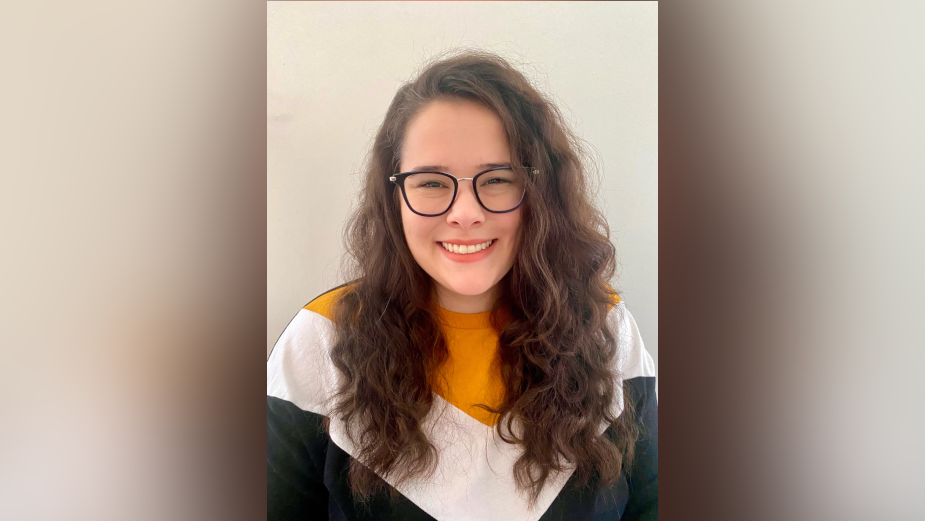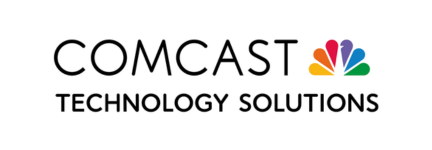
Production Line: Exciting and Disruptive Technology with Nicole Beyer

Nicole Beyer is a senior producer with the inclusive motion design studio, BIEN. She is a seasoned producer in the advertising industry with experience producing integrated campaigns for brands from start-ups to fortune 500 companies. She got her start in commercial TV and radio production, then moved to direct-response social media production, and is now in motion graphics and animation. Nicole currently resides in Los Angeles, California and loves a good breakfast burrito.
LBB> Production used to be quite siloed, then it moved to integrated and now it seems producers can be media/platform-neutral problem solvers - what’s your take?
Nicole> A good producer can produce any project across any medium. Producing boils down to being a quick learner and an excellent, creative problem solver. You should be able to jump into any project, quickly learn any specific jargon or tech, and get to work.
LBB> Virtual production is growing in popularity with film and TV (e.g. Loki and The Mandolorian) - what’s your thoughts about its potential in the advertising space?
Nicole> Just like in film production, it could have amazing benefits to commercial production. For example, using technology like the volume can allow the production to get golden hour for an entire 12 hour shoot day, or the ability to create a specific location rather than travel across the world. It could have large time and money saving benefits, which is a key for brands, and allows for a lot more freedom for the creative teams.
LBB> It looks like, if it does catch on, it will involve quite a different workflow/process - is that something agencies and brands need to educate themselves on?
Nicole> Yes, knowing the processes of these new production options will be essential in informing the creative. Having the knowledge of what is possible within this tech will help all parties involved make better decisions in the early stages of creative concepting, which is essential to having a successful and on-budget production.
LBB> With so many platforms to produce for, what’s your preference, to maximise assets across platforms or to produce content that’s more tailored to each content - or some sort of balance? What sort of conversations do you tend to have about this sort of thing?
Nicole> Each platform is distinctly different - I think that’s where a lot of brands misstep. They will shoot a big brand TV spot then do a cutdown of the spot for all social media platforms and expect big performance numbers. To be successful on social media platforms, content needs to be tailored to that specific audience and how that audience consumes media on that platform. An ad that performs really well on Facebook will not directly translate to high performance on platforms like TikTok or Snapchat. The audiences are very different and the native content that users are producing for those channels are drastically different. This means making sure the media buy is in place (as much as possible) before creative development, so all teams know what kind of content needs to be created. The creative teams need to write concepts that fit within the larger brief and the campaign, while also tailoring content to each platform. Then, production needs to plan how to best capture all content with the time and budget allotted. It’s not an easy task! I think it is also overlooked that creating performance-driven social content will require time and money for production. Brands have to invest in tailored social content to get the performance they’re looking for. High-quality, high-performing social content isn’t free.
LBB> How have you approached integrating data with production workflows and processes? And, generally, how has data and the fact that we have constant live feedback on content performance changed production?
Nicole> On one end, you get to see if what you produced is actually providing a return to the campaign's KPIs. This data can help inform how a brand approaches their next campaign to be more successful. On the production end, it’s important to discuss what getting this feedback means for the project. Do you create a few variations of the ad up front, test them all, and push the most successful version? Or do you run one version, get feedback, and quickly create new content based on that real-time feedback. Both are possible, but it’s important to have those conversations up front to align on schedules and budgets.
LBB> Quite often production involves trying to solve a problem that’s never been attempted before - and that can mean hacking existing technology or trying to find new technologies. When you get a project that has such technological challenges, how do you and your team like to approach them?
Nicole> As the great Leslie Knope once said, “No one achieves anything alone.” When I run into a problem like this I try to find anyone who might have more knowledge than me within the space to consult with and/or bring onto the project. Then we can work together to figure out new solutions.
LBB> We’re seeing the line between content and commerce blur, with shoppable social content, shoppable livestreams and things like that - is that having an impact on how you approach production or the sort of skills needed?
Nicole> I think this plays into needing to tailor the creative to the media. If the media plan includes content running on, for example, Instagram Shopping, that requires different content that will convert in that setting. As far as skill-set I think when it comes to social content and/or shoppable content you generally have a smaller budget to work with and less time because social moves so quickly. A producer needs to be able to work within those constraints to produce successful content.
LBB> What are the technologies that you have your eye on that either are having a big impact on how production is done - or have the potential to change things in a big way?
Nicole> I think the volume is the most exciting and disruptive technology in recent years. Right now, it is being used for blockbuster-level films, but I am excited for when this technology becomes more accessible so we can see smaller-budget films, streaming/tv series, and even commercial productions using this technology.















